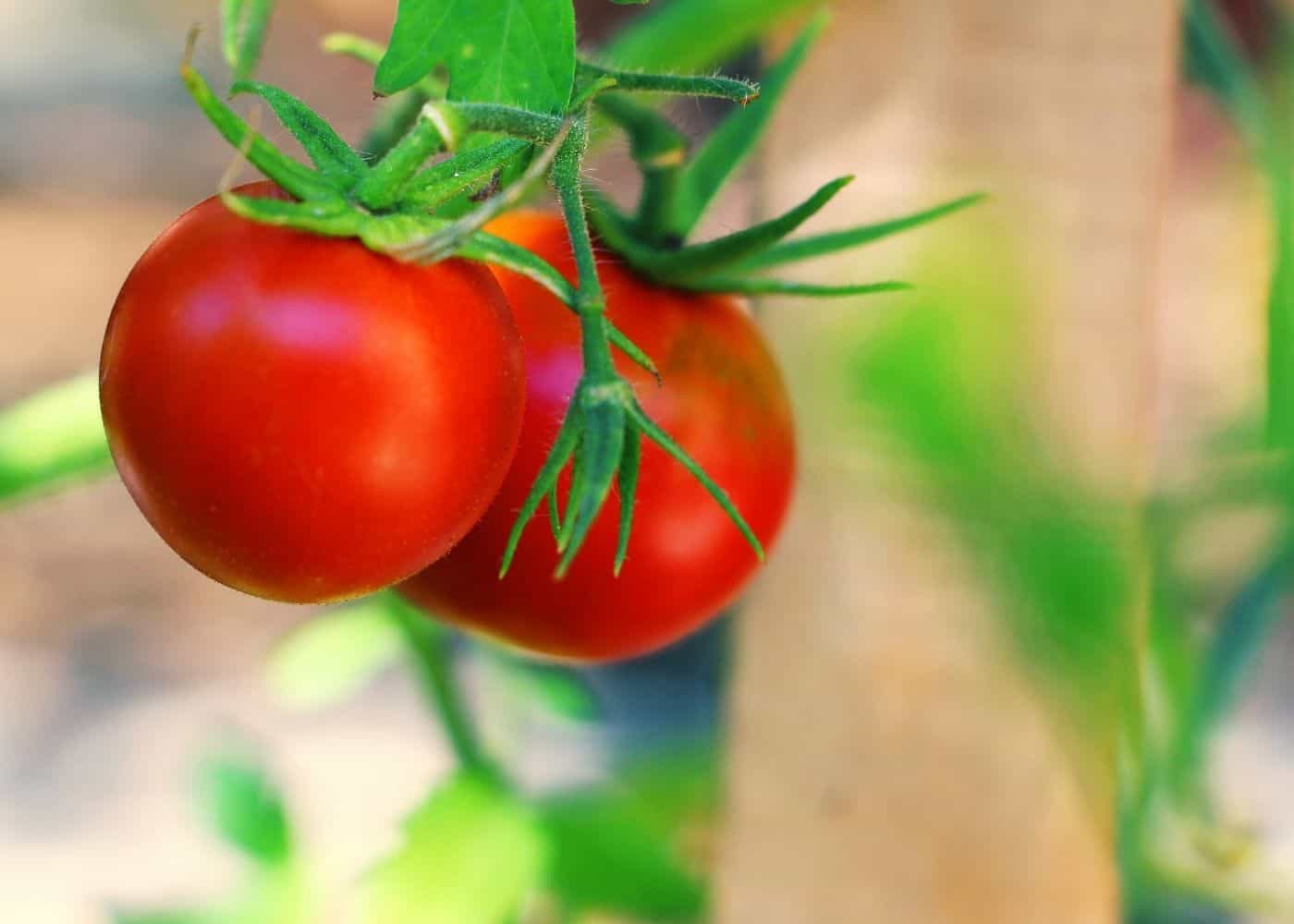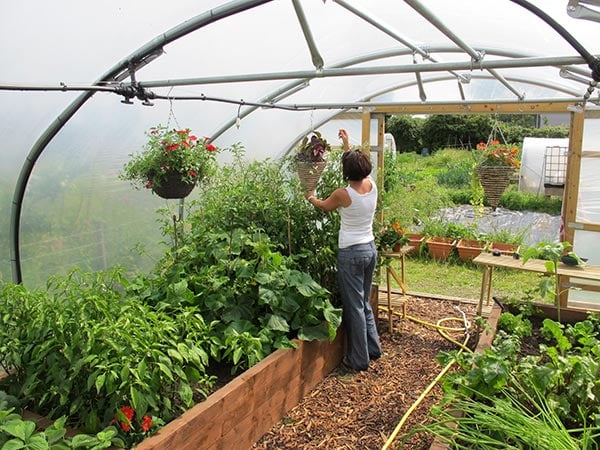The Ultimate Guide To Companion Planting Begonias With Vegetables
The Ultimate Guide to Companion Planting Begonias with Vegetables
Begonias are beautiful flowering plants that can add a touch of color and interest to any garden. They come in a variety of shapes, sizes, and colors, and can be grown in either sun or shade. But did you know that begonias can also be beneficial to your vegetable garden?
That's right, companion planting begonias with vegetables can help to improve the health and productivity of your plants. By planting begonias near certain vegetables, you can attract beneficial insects, deter pests, and improve the overall soil quality.
In this guide, we will discuss the benefits of companion planting begonias with vegetables, and provide a list of some of the best companion plants for begonias. We will also discuss some of the potential drawbacks of companion planting, and how to avoid them.
Benefits of Companion Planting Begonias with Vegetables
There are many benefits to companion planting begonias with vegetables. Here are a few of the most important:
- Attract beneficial insects. Begonias attract a variety of beneficial insects, such as ladybugs, lacewings, and hoverflies. These insects help to control pests in your vegetable garden, which can save you time and money on pesticides.
- Deter pests. Some begonias have strong scents that can deter pests, such as aphids, slugs, and snails. For example, Rex begonias have a strong citrus scent that can repel pests.
- Improve soil quality. Begonias can help to improve the soil quality in your vegetable garden by adding nutrients and organic matter. They also help to suppress weeds and improve drainage.
- Create a more attractive garden. Begonias add a touch of color and interest to any vegetable garden. They can also be used to create borders or groundcovers.
Best Companion Plants for Begonias
When choosing companion plants for begonias, it is important to consider the needs of both plants. Begonias need well-drained soil and partial shade. They also prefer slightly acidic soil. When choosing companion plants, it is important to select plants that have similar growing conditions.
Some of the best companion plants for begonias include:
- Allium. Alliums, such as garlic and onions, help to repel pests and improve the flavor of begonias.
- Basil. Basil is a great companion plant for begonias because it helps to repel aphids and other pests. It also helps to improve the flavor of begonias.
- Calendula. Calendula is a flowering plant that helps to attract beneficial insects and repel pests. It also helps to improve the soil quality.
- Cucumber. Cucumbers help to attract beneficial insects and suppress weeds. They also help to improve the drainage in the soil.
- Peas. Peas help to fix nitrogen in the soil, which can benefit begonias. They also help to suppress weeds.
Potential Drawbacks of Companion Planting
While companion planting can offer many benefits, there are also some potential drawbacks to consider. For example, some companion plants can compete with each other for water and nutrients. It is important to do your research before companion planting to ensure that you are choosing plants that will complement each other.
Another potential drawback of companion planting is that it can spread disease. If one plant in a companion planting scheme becomes diseased, it can spread to the other plants. It is important to monitor your plants closely for signs of disease and to take steps to control any diseases that do occur.
Conclusion
Companion planting begonias with vegetables can be a great way to improve the health and productivity of your garden. By planting begonias near certain vegetables, you can attract beneficial insects, deter pests, and improve the overall soil quality. However, it is important to do your research before companion planting to ensure that you are choosing plants that will complement each other and that you are taking steps to prevent the spread of disease.
Begonias are beautiful flowers that can add a touch of elegance to any garden. But did you know that they can also be beneficial to your vegetable garden? When planted with certain vegetables, begonias can help to repel pests, attract pollinators, and improve soil quality.
For example, begonias can help to deter aphids, spider mites, and other pests that can damage vegetable plants. They can also attract beneficial insects, such as ladybugs and hoverflies, which help to control pests. Additionally, begonias can help to improve soil quality by adding nutrients and helping to suppress weeds.
If you're looking to add some begonias to your vegetable garden, here are a few companion plants that you may want to consider:
- Tomatoes: Tomatoes and begonias are a classic companion plant combination. Begonias help to deter pests that can damage tomatoes, and tomatoes provide shade for begonias in hot weather.
- Carrots: Begonias can help to improve the flavor of carrots. They also help to repel carrot flies, a common pest of carrots.
- Cucumbers: Begonias can help to prevent powdery mildew, a fungal disease that can damage cucumbers. They also help to attract pollinators, which help to improve cucumber yields.
If you'd like to learn more about begonia companion plants for vegetables, I recommend visiting Garden Wiki. This website has a comprehensive list of companion plants, as well as information on the benefits of companion planting.
Image of begonia companion plants vegetables
Here are 5 different images of "begonia companion plants vegetables" from Pinterest:
- Begonias and tomatoes: Begonias and tomatoes can be planted together because they have similar light and water requirements. Begonias prefer partial shade, while tomatoes prefer full sun, but both plants can tolerate some direct sunlight. They also have similar nutrient needs.

- Begonias and lettuce: Begonias and lettuce can also be planted together because they have similar light and water requirements. Both plants prefer partial shade and moist soil. Begonias can help to deter pests from lettuce plants.

- Begonias and carrots: Begonias and carrots can be planted together because they have different rooting depths. Begonias have shallow roots, while carrots have deep roots. This means that they will not compete for water and nutrients.

- Begonias and beans: Begonias and beans can be planted together because they have different growth habits. Begonias are spreading plants, while beans are vining plants. This means that they will not compete for space.

- Begonias and cucumbers: Begonias and cucumbers can be planted together because they have similar light and water requirements. Both plants prefer full sun and moist soil. Begonias can help to deter pests from cucumber plants.

Post a Comment for "The Ultimate Guide To Companion Planting Begonias With Vegetables"